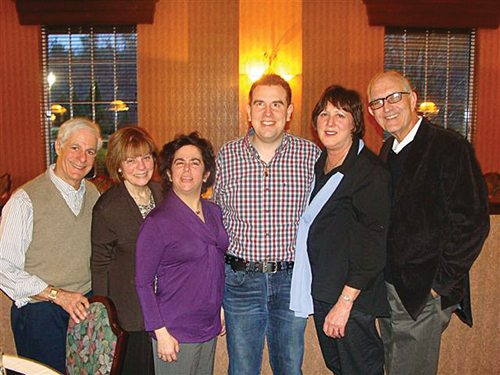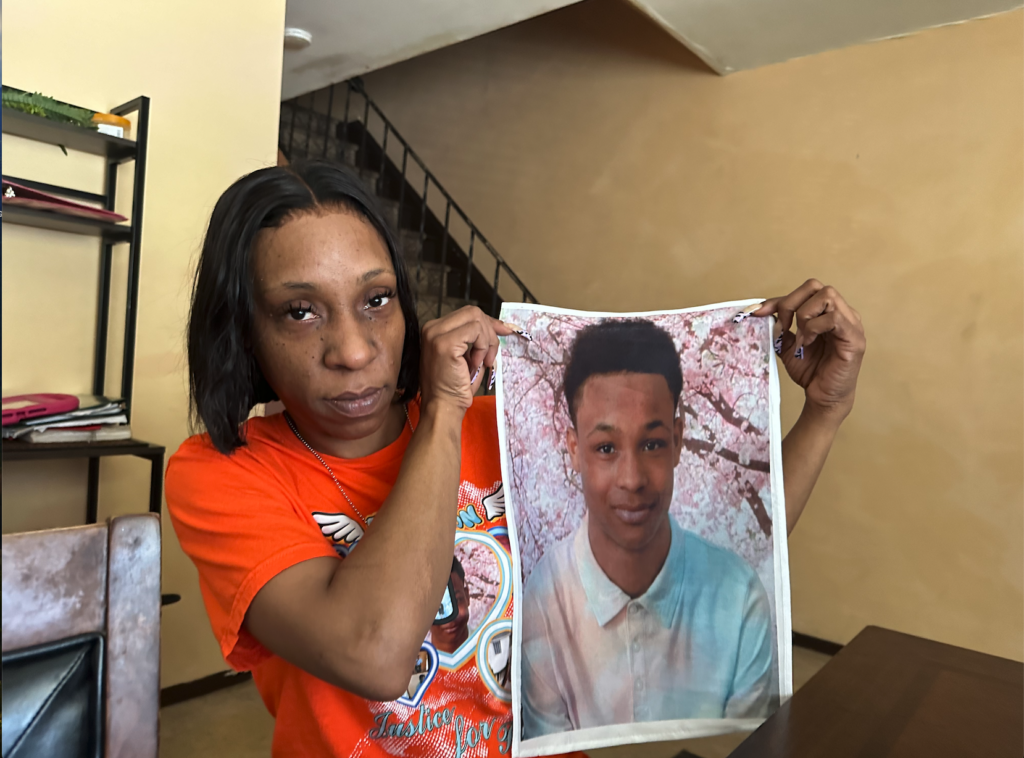Disabled couple appeals after housing case dismissed

Nearly a year after a married disabled couple filed a federal lawsuit claiming both their caretakers and New York State violated their civil rights by failing to secure housing for them, a judge has dismissed the case — though the Riverhead couple’s family is still holding out hope, having already appealed the decision.
Paul and Hava Forziano tied the knot last May, after seven years of dating and a two-year engagement. The couple lived at two separate disability providers contracted by New York State at the time of their marriage, neither of which permitted the couple to live together once they married.
“Fraught with difficulties” and “impossible” were how the providers, Independent Group Home Living and Maryhaven Center of Hope, described the couple’s requests to co-habitate, according to court papers.
Judge Leonard Wexler of the U.S. Eastern District Court of New York handed down a ruling in late March supporting the defendants, which includes the two nonprofits as well as the commissioner of New York State’s Office for People With Developmental Disabilities and the state itself. Judge Wexler said the suit failed to make the case that the organizations discriminated against the couple based on their disability.
The “alleged discrimination is based not on Paul and Hava’s disabilities, but rather on their status as a married couple,” the judge wrote.
In addition, he wrote, their arguments were “not yet ripe,” since the couple currently has housing through Riverhead’s East End Disability Associates. The judge therefore said claims that their rights were violated were “based on nothing more than speculation and conjecture.”
Not really, said one lawyer representing the couple.
“The group homes said, ‘No one can pass through these gates and live here as a married couple.’ That’s the edict. And the state said, ‘That’s OK with us,’” said Martin Coleman.
He added: “Judge Wexler basically dismissed the institution of marriage for our clients and basically anyone like them as mere complaints about adequacy of services. I respectfully disagree.”
The couple first met at a day-habilitation program run by Maryhaven, where Ms. Forziano — then known as Hava Samuels — lived at the time. Her future husband lived at IGHL.
While the couple expressed their desire to further their relationship, court papers show, both nonprofits rejected the fact that they could mutually consent to sex and rejected living accommodations for them.
An IGHL letter sent in 2012, according to court filings, stated that the nonprofit was “not staffed or designed to house and supervise married couples or assist married couples with the dynamics of their relationships.”
The couple moved into a group home through EEDA on July 1, 2013. They’re progressing nicely, Mr. Forziano’s mother, Roseann, said this week.
“They’re learning to compromise more,” she said. “They look to each other for support.”
But Roseann’s husband, Frank, said there’s no reason the couple should be in the middle of a lawsuit in the first place.
“If one agency can do it, there’s no reason why they all can’t,” said Mr. Forziano.
Norm Samuels, Ms. Forziano’s father, said that in the year the couple has been living in Riverhead, he’s noticed the difference in philosophy between his daughter’s new and old providers.
“The OPWDD wants providers to have this person-centered philosophy,” he said. “East End and others already seem to be there, whereas the other agencies were more like running a business. If it doesn’t fit their business model, they don’t wanna do it.”
Mr. Coleman, the lawyer representing the couple, said he expects the appeal to be heard by this fall.








